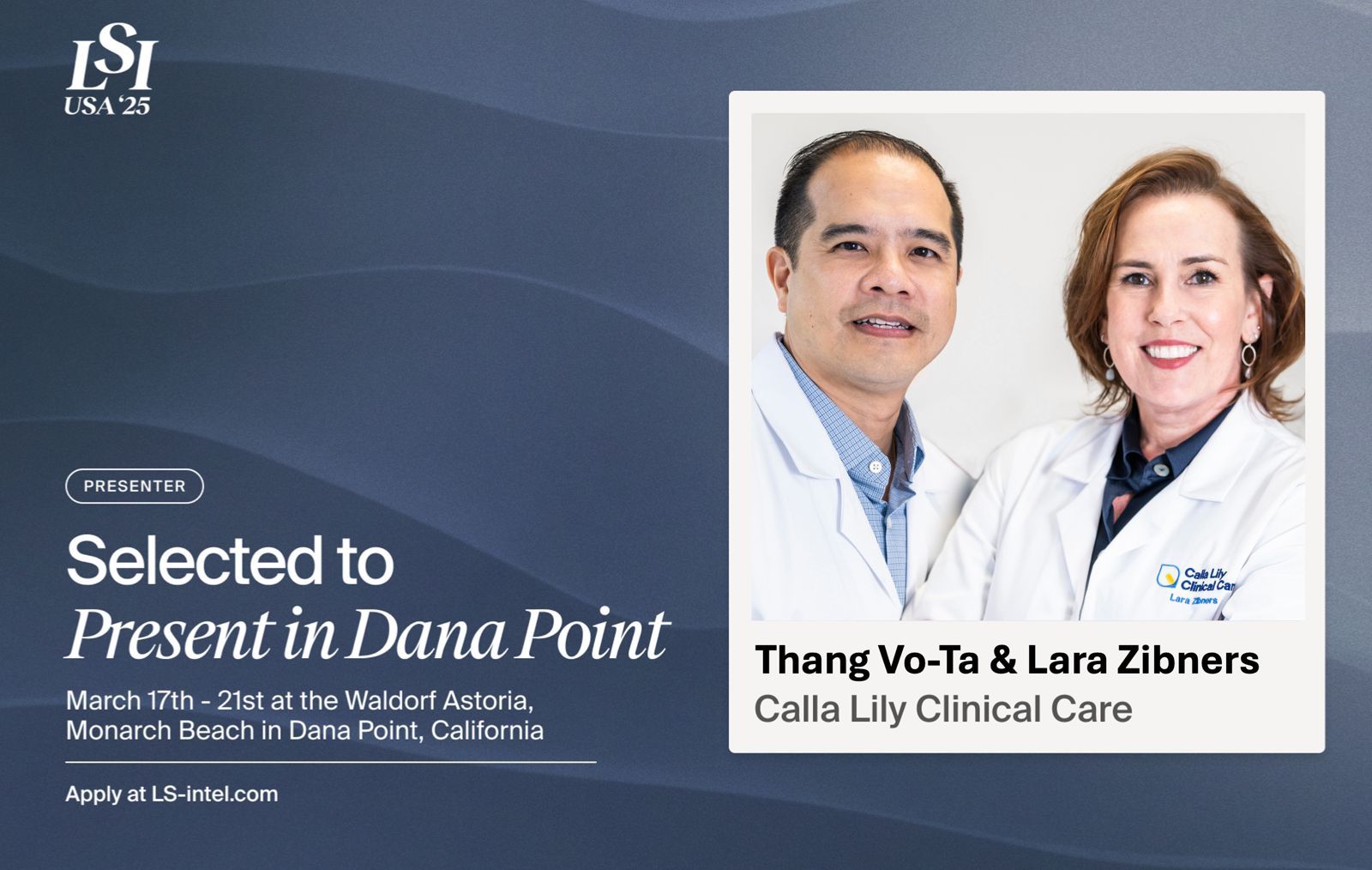Funded PhD–</span> Vaginal probiotics for reproductive health: microbiome organ-chip

Calla Lily Clinical Care is delighted to partner with Queen Mary University for this fully funded (incl student stipend) four-year PhD starting September 2025 as part of the EPSRC Centre for Doctoral Training in Next Generation Organ on a Chip Technology (COaCT) cohort training programme.
The COaCT is a 4-year PhD cohort training programme, co-delivered with key stakeholders that addresses the major user need for skilled graduates to transform delivery of new medicines using organ-on-a-chip technologies. The CDT offers an opportunity to do a PhD in a highly interdisciplinary environment comprising world-leading researchers and industrial stakeholder partners. Students will, in addition to the research and technical content of their PhD project, learn about concepts of responsible research, innovation and design, and address the regulatory landscape governing safe, ethical use of organ-chips in human therapeutic discovery.
The 4-year PhD, which includes an additional London stipend, will be co-supervised by Dr Tina Chowdhury, Dr Ruairi Robertson, and Dr Stefaan Verbruggen. With further mentorship from our own Professor Andrew Lewis during a hands-on industry placement with us at Calla Lily Clinical Care.
🔍 Research Focus: In this project, the PhD research student will work with an inter-disciplinary team of clinicians, microbiome and infection scientists at the Centre for Bioengineering, Blizard Institute, UCLH and Barts Health NHS Trust. The goal will be to evaluate the effects of anti-microbial and probiotic regimens to treat bacterial vaginosis by developing a human vagina microbiome chip model. This will determine the effect of bacterial combinations on the vaginal mucosal barrier, and test survival and compatibility of probiotic strains to treat bacterial vaginosis using our Callavid® technology.
Open to UK students. An online Q&A will be held on 9th and 16th Dec 2024.
Further information is available here.
All applicants should apply via the Queen Mary University application portal. Details of the application process and eligibility is explained here.
For queries, please contact sems-coact@qmul.ac.uk
Deadline 6 January 2025.




